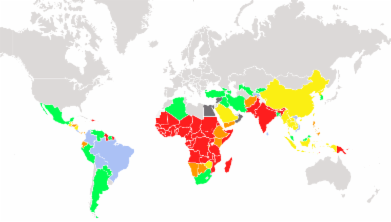Mosquito-borne diseases are a major threat to human health and negatively affect economic wealth of individuals, communities and countries. Globally, malaria is the most prevalent vector-borne disease, with over 2.4 billion people around the world at risk of contracting this disease. Between 1 and 3 million deaths occur annually from malaria, most in children from sub-Saharan Africa. Another mosquito-borne disease of particular concern to children's health is dengue virus, the second most important tropical disease with approximately 50 to 100 million cases of dengue fever and 500,000 cases of Dengue Hemorrhagic Fever (DHF) each year. DHF is fatal to approximately 40% of children that contract this painful and deadly virus. Yellow fever, Chikungunya, Rift Valley fever, West Nile virus, Japanese encephalitis, and filariasis, are regionally important mosquito-borne diseases that are particularly dangerous for children. In addition to diseases carried by mosquitoes, filth flies also carry a number of diseases that have a negative impact on human health. Diarrheal diseases are the number one killer of children in Africa, and flies account for about 30% of these diarrheal diseases.
Countries whose Populations are at Risk of Malaria


Source: Global Malaria Mapper; http://www.worldmalariareport.org/node/57#